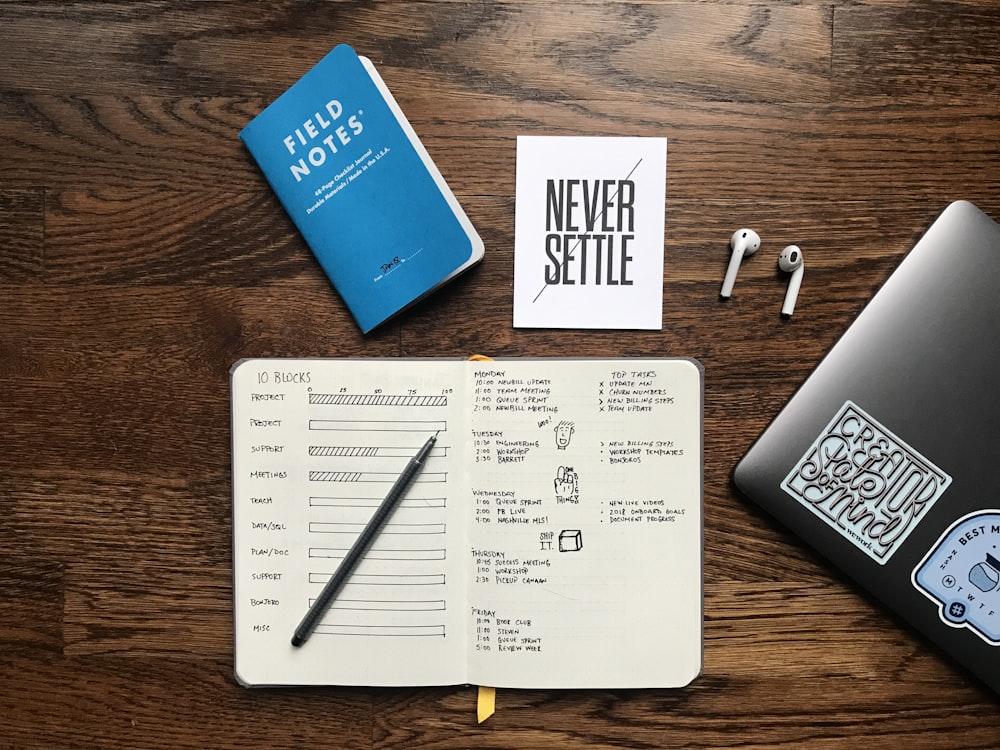
Every year, many Americans will set a New Years Resolution. Over 50% of Americans will select one, but more than half have given up by summer.
I remember seeing a meme that said, “A new year’s resolutions are just a to-do list for the first week of January.”
And that’s how it feels sometimes.
These goals range from losing weight, starting a business or school, quitting smoking and vaping, getting out of debt.
Resolutions are helpful, and maybe they bring you to focus, but I think they are missing something.
Twelve years ago, I was there. Then, I weighed 300 pounds, and I was miserable. To read more about my weight loss journey, you can read it here.
Every year, I said, this was the year I would lose weight. When Katie and I got married, I was 200 pounds heavier than her. A friend told me once that she married me as an investment.
At one of my lowest points, I blamed her for my weight. Finally, I told her that I would lose weight if she cooked healthier food. To which she told me, “We eat the same food.”
Ouch.
I tried diets, exercise plans, fasting, everything it seemed, and nothing worked or stuck.
We went to a doctor, and I told him, “I want to lose weight. I want to be skinny.” He looked at me and said, “Josh, that is a terrible goal.”
What?
He said, “you need to lose weight because you aren’t even 30 yet, and you are incredibly unhealthy, but losing weight is a terrible goal for anyone.” So instead, he said, “make being healthy your goal.” Here’s what is fascinating to me now; he was right. It was not only how it played out in my life but also how Scripture and research back this up.
Proverbs 4 says:
Above all else, guard your heart, for everything you do flows from it. Keep your mouth free of perversity; keep corrupt talk far from your lips. Let your eyes look straight ahead; fix your gaze directly before you. Give careful thought to the paths for your feet and be steadfast in all your ways. Do not turn to the right or the left; keep your foot from evil.
Your heart is the center of who you are. It is about what and who you love and your desires, longings, and dreams. It also defines the person you are becoming. And yes, God cares about the person you are becoming.
What do you love? What do you desire? What do you think is most important right now and in 2022? What would you like to happen this year?
The writer of Proverbs tells us to give careful thought to it. Too often, we are flippant about our goals, loves, and desires. But as one writer said, “You are what you love.”
We need to pay attention to desires, especially the desires in our hearts because they will drive us in life. And, this is so important; we need to bring those desires to God to see if they are from him. We want to see if they are worth our time and energy, and if that is who he created us to be.
Too often, though, our cultural narrative is, if you desire it, if you want it, it must be right for you. But asking what God thinks of something can sound negative, so let’s reframe the question: What does God want you to focus on in 2022? What kind of person does God want you to become in 2022? Next week, I’ll share a more detailed process of figuring this out, but start thinking about this now.
But how do we know? How do we know if we have the right focus?
The writer of Proverbs tells us in verse 25: Let your eyes look straight ahead; fix your gaze directly before you. Give careful thought to the paths for your feet and be steadfast in all your ways. Do not turn to the right or the left; keep your foot from evil.
This is the principle of one focus. It matters what we focus on, what we look to. That focus, that attention will determine the person we become.
In one of my favorite books of all time (it’s on my kid’s high school reading list, too), Atomic Habits: An Easy & Proven Way to Build Good Habits & Break Bad Ones by James Clear. And his research backs up Proverbs 4.
Clear said that becoming a new person, keeping a new habit is wrapped up in a simple two-step process:
- First, decide the type of person you want to be.
- Then, prove it to yourself with small wins.
Decide the type of person you want to be. This is the focus that Proverbs 4 talked about. What we focus on and what we give our attention to determines who we become.
Who you are, who you are becoming. Not just who you are growing into, but what kind of person does God want you to become this year and beyond?
Often, we think God cares about what we do and feel, and he does, but God also cares deeply about the person we are becoming. He created and designed you a specific way, with particular gifts, talents, and abilities. Therefore, what you can do is unique to you.
Too often, though, we live someone else’s dreams. We go after someone else’s goals. We try to have someone else’s marriage or career live up to a family standard.
I talk to many students who want to do one thing, but their parents want them to do something else, and they give up their dream. They give up their focus.
This point is why my doctor was right. There is a difference between being healthy and losing weight. We all know people who eat fast food six times a week and are skinny. You can lose weight and not be healthy. I had lost weight countless times and put it back on, all without becoming healthy.
Being healthy is about the person I was becoming.
And what I learned for me is so crucial: Being healthy is about what is happening in you. Losing weight is what is happening to you.
Prove it to yourself with small wins.
What we often do with a goal is to set unrealistic expectations. For example, we say I’m going to start running this year and run five days a week. Well, how often do you run now? I don’t. Or, I’m going to get up at 4 am to pray and read my bible. What time do you get up now? 7. That’s not realistic.
I love what James Clear tells clients to do to lose weight. He tells them to go to the gym for 5 minutes a day, three days a week. Walk in, lift a weight, do one exercise. He says they always look at him like that is the dumbest idea on the planet, but he tells them, “Right now, you aren’t the kind of person who goes to the gym. You have to become the kind of person who goes to the gym.”
And that small win, of making it there three days a week for 5 minutes each day becomes 10 minutes, which becomes 20, and so on.
I think having a word for the year can be so important. It answers the question, who am I becoming this year? What am I focusing on this year?
The benefit of having a word over a resolution or a goal is that it defines who you will become in a year and what you will focus on. A resolution and goal can wrap themselves up in this, but a word gives so much more power to your life.
It decides the story you will tell for your year.










